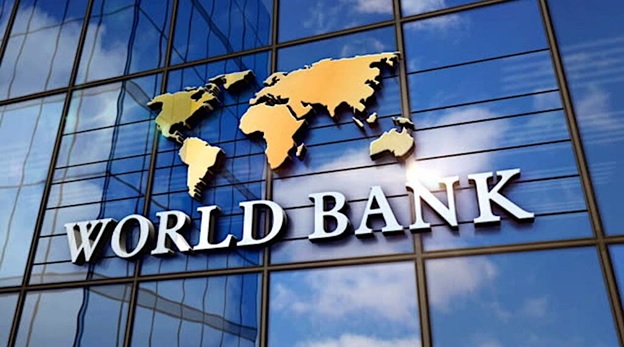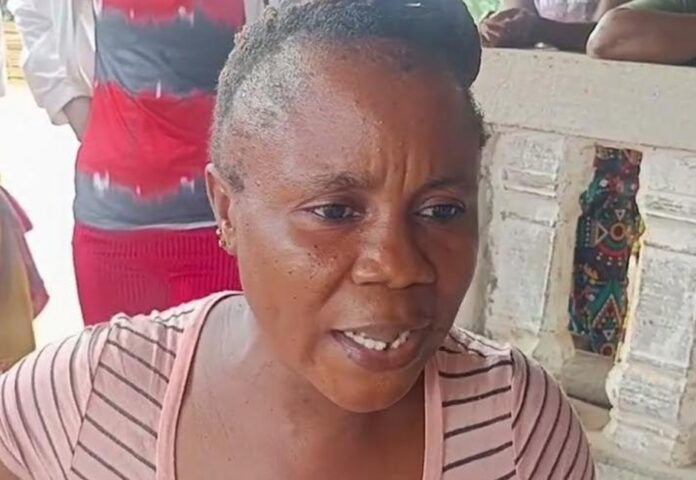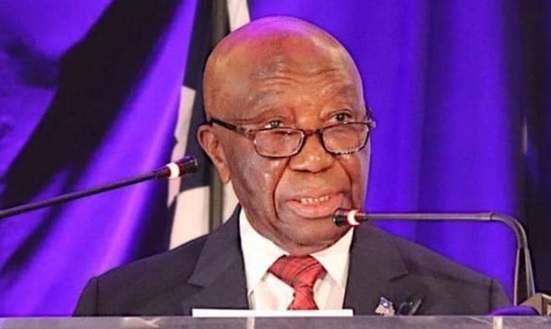MONROVIA – A recent World Bank Economic Update brings promising news for Liberia, highlighting a decline in the country’s poverty rate from 63% in 2020 to 59.7% in 2023. This positive shift is largely credited to economic recovery, despite global financial hurdles. The report underscores the resilience of the Liberian economy, bolstered by government initiatives aimed at stabilizing the financial landscape.
According to the report, the reduction in poverty reflects the effectiveness of the government’s economic strategies over the past three years. This progress was announced at a launch event held at Monrovia City Hall, with World Bank Country Manager Georgia Wallen presiding over the proceedings.
However, while poverty levels have decreased, rising food prices continue to be a concern, disproportionately affecting the country’s poorer population and potentially deepening food insecurity. The report warns that despite overall economic improvements, the increasing cost of food could hinder future poverty reduction efforts.
Looking ahead, the global economic environment remains fragile, with a predicted slowdown in growth. Global economic growth is projected to decline from 2.6% in 2023 to 2.4% in 2024, though a slight recovery is expected by 2025. For Liberia, this global trend could influence the prices of key exports like iron ore and rubber, potentially impacting fiscal revenues and overall economic growth. However, declining oil prices could benefit Liberia as it is a net oil importer.
The Liberian economy is expected to grow by 5.3% in 2024, driven by new mining investments and reforms in vital sectors such as energy, transportation, and financial services. According to the World Bank report, infrastructure development and mining activities are pivotal for boosting the country’s investment landscape and productivity across various industries.
Inflation in Liberia is also projected to ease, with the Central Bank of Liberia (CBL) adopting a stringent monetary policy. This is expected to reduce inflation from 10.1% in 2023 to 7.7% in 2024, with further declines to 5.4% anticipated by 2026.
Despite these positive trends, Liberia continues to face fiscal challenges, particularly with delays in the approval of the 2024 budget due to the ongoing transition in government. However, the fiscal deficit is expected to stabilize as total revenue and grants increase. The introduction of a value-added tax (VAT) in 2025, replacing the current goods and services tax, is expected to further boost domestic revenues.
“Total revenue and grants are projected to rise in 2024 and beyond, with domestic revenue increasing by 1% of GDP to 15.5% in 2024 and averaging 16.5% in 2025-2026,” the report notes, highlighting the revenue potential of the upcoming VAT implementation.
While the outlook for Liberia remains positive, risks remain. Rising import costs and global commodity price fluctuations could threaten economic stability. To mitigate these risks, the World Bank recommends that the government focus on maintaining low inflation, managing debt responsibly, and creating a more conducive environment for private investment.







